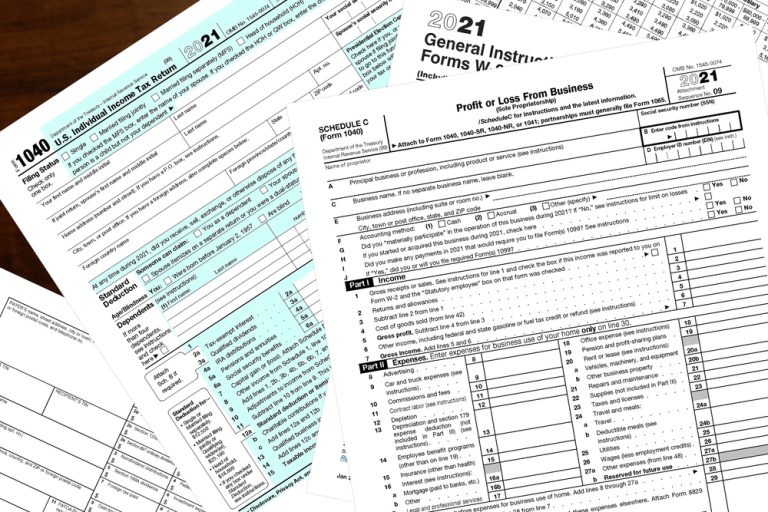Blind Plaintiff Prevails in First-of-Its-Kind ADA Website Accessibility Trial Against Grocery Store Chain
Blind Plaintiff Prevails in First-of-Its-Kind ADA Website Accessibility Trial Against Grocery Store Chain
In what is believed to be the first Americans with Disabilities Act (“ADA”) accessibility lawsuit to go to trial in Florida, Gil v. Winn-Dixie Stores, No.: 16-cv-23020-RNS (S.D. Fla. June 13, 2017), Juan Carlos Gil prevailed in his claim that Winn-Dixie’s website, www.winndixie.com, is inaccessible to the visually impaired. Specifically, plaintiff alleged that his screen reader was not compatible with the services offered on Winn-Dixie’s website, such as the online pharmacy management system, the ability to access digital coupons that link automatically to a customer’s rewards card, and the ability to find store locations. This case is one of over two hundred similar ADA website accessibility cases — including many by Mr. Gil — that plaintiffs have filed in the Florida federal courts in less than two years, usually against businesses that maintain a web presence and a brick-and-mortar location.
The Winn-Dixie case has been closely watched, as the Department of Justice (DOJ) obtained leave to file a Statement of Interest in opposition to Winn-Dixie’s motion for judgment on the pleadings. Winn-Dixie had argued the court should dismiss the case because its website is not a public accommodation covered by Title III of the ADA and plaintiff had not been denied access to Winn-Dixie’s physical store locations as a result of the inaccessibility of the website. In turn, the government argued that plaintiff stated a claim under the ADA because the Act and its regulations extend to websites. In denying Winn-Dixie’s motion, Judge Robert Scola acknowledged courts are split on whether websites are public accommodations for purposes of the ADA, but found that plaintiff sufficiently alleged a nexus between Winn-Dixie’s website and its physical stores. With that backdrop, the case proceeded to trial.
During the two-day bench trial, the court heard testimony from plaintiff, plaintiff’s digital accessibility expert and Winn-Dixie’s corporate representative, a vice president in the company’s IT department. Winn-Dixie did not present its own expert. Among other things, plaintiff’s evidence showed that, although Winn-Dixie does not conduct sales from its website, plaintiff unsuccessfully had attempted to use his screen reader to access digital coupons on the website that would link to the customer’s reward card and to refill prescriptions on the website’s pharmacy tab. Through this testimony, plaintiff sought to establish a “nexus” between the website and Winn-Dixie’s physical stores, which undoubtedly are places of public accommodation covered by the protections of the ADA.
The parties presented conflicting testimony regarding the cost of remediating the website. Plaintiff’s expert estimated the cost to be approximately $37,000, while Winn-Dixie’s representative estimated the cost to be $250,000. Winn-Dixie testified that it already had set aside this amount to make its website accessible and that Winn-Dixie currently is in the process of making modifications. Judge Scola found that the different cost estimates were unimportant because Winn-Dixie’s estimate still paled in comparison to the $2 million the company spent in 2015 to establish the website and the $7 million it spent in 2016 to remake the website for its rewards program. Thus, the court found that Winn-Dixie presented no evidence to establish that it would be unduly burdensome to make its website accessible to visually impaired individuals.
Importantly, the court found the fact that third party vendors, such as Google and American Express, operate certain parts of the Winn-Dixie website is not a legal impediment to Winn-Dixie’s obligation to make its website accessible to the disabled because many, if not most, of the third party vendors may already be accessible to the disabled and, if not, Winn-Dixie has a legal obligation to require them to be accessible if they choose to operate within the Winn-Dixie website. Because a business’ website often interfaces with third party vendors, the court’s finding suggests that the business is responsible for ensuring that on-line services provided on its website through third parties also are accessible.
Although the court skirted the issue of whether the website is a public accommodation in and of itself, the court found that the “factual findings demonstrate that the website is heavily integrated with Winn-Dixie’s physical store locations and operates as a gateway to the physical store locations.” Thus, the court concluded that Winn-Dixie’s website is subject to the ADA because the services its website offers, such as the online pharmacy management system, the ability to access digital coupons that link automatically to a customer’s rewards card, and the ability to find store locations are services, privileges, advantages, and accommodations offered by Winn-Dixie’s physical store locations. The court therefore concluded that Winn-Dixie “violated the ADA because the inaccessibility of its website has denied [plaintiff] the full and equal enjoyment of the goods, services, facilities, privileges, advantages, or accommodations that Winn-Dixie offers to its sighted customers.”
Although no federal standard exists, the court ordered Winn-Dixie to adopt and implement a Web Accessibility Policy that ensures its website conforms with the Web Content Accessibility Guidelines (WCAG) 2.0 criteria (no level specified); to require that third party vendors who participate on its website conform to WCAG 2.0 criteria; to post a link on the website to the Web Accessibility Policy with an accessible means of submitting accessibility questions and problems; to conduct mandatory yearly web accessibility training and quarterly automated accessibility tests. The court also found Plaintiff is entitled to his reasonable attorney’s fees and costs.
Although we anticipate that under the Trump administration, DOJ will not participate in private lawsuits or bring enforcement actions, with rulings like this, plaintiffs and non-profit groups will continue to file lawsuits claiming that, not only websites, but also mobile applications and other electronic information technology be accessible to users with disabilities. Given the trajectory of this issue, businesses immediately should become familiar with the risks these ADA website accessibility claims pose. Otherwise, businesses run the risk of having a court dictate the design and content of their website and paying expensive legal fees.








